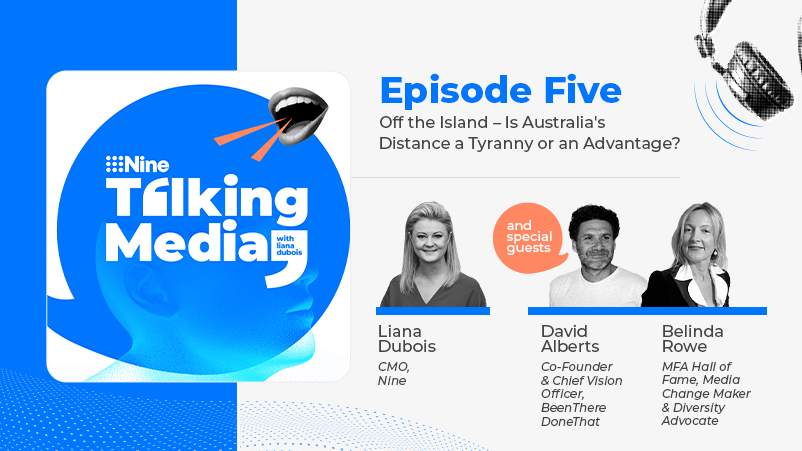Mediabrands' Initiative funds IVF for employees, cuts ‘whack a mole’ transactional salary rise budget: Mel Fein

“Like everyone, we’re battling the salary issues. But it feels like the salary issue is not sustainable,” Initiative Australia's Mel Fein says.
Initiative is the first agency in Australia to offer its people free IVF treatment and adoption support, in a bid to create a culture of loyalty, retain its people and avoid incremental wage increases in a tight labour market. But it was also a deeply personal decision for the female leaders at the agency like CEO Melissa Fein, who has experienced first-hand the personal toll fertility difficulties can have.
What you need to know:
- Initiative Australia is offering to fund its people’s IVF, egg freezing treatments, or the adoption process, in a bid to curb rising wage pressures and retain staff.
- Launched earlier this year, CEO Mel Fein says the offer has already been taken up by a couple of employees.
- Fein said the policy was spearheaded by female leadership at the agency and is necessary as people are having children later in life. She has personally experienced the heartbreak a miscarriage brings, and said announcing the policy was emotional for many.
Mediabrands agency Initiative is offering its staff thousands of dollars to cover IVF treatment and adoption processes, in a policy launched earlier this year to support and retain people amid the nationwide talent shortage.
The Family Planning Funding Benefits policy, announced internally in February, covers four areas: Generalised IVF treatment, a donor sperm program, egg freezing, and adoption support aimed at the LGBTQI+ community.
While the agency would not put a specific dollar figure on it, it’s understood the policy would likely cover between $8,000 to $12,000 per employee, per year. That would cover between one and three rounds of IVF, depending on the type of treatment being sought, government support, and an individual’s health conditions.
“Our workforce is 60 per cent women, and there was a genuine foundational insight which was that females are having children later in life now. There comes a point now where they feel they have to make a decision. ‘I’m doing well at work. Do I go and get pregnant? I’m a year out of the industry, do I take the hit and lose the momentum?’. It’s such a genuine pressure point. Males have that insight, [they can see] how much pressure the females are under,” Initiative Australia’s CEO, Mel Fein, said.
“[The policy] was born off a genuine foundation – my own experiences.”
Over her career and life, Fein has had three miscarriages. She has been open about them with those around her. They have each been profound and life-altering experiences that have shaped her approach to this area of employee welfare.
“I talk about that, the impact it has had. We’ve got so many females who’ve gone through miscarriages,” she said.
“What we’ve created is a program that supports through financial and leave support – it’s not just money, you need to take time off work. It’s mentally draining.”
It’s not rocket science, it’s ‘do I put myself at a slight disadvantage in the transactional stuff but offer more?'
It was an emotional video call when the policy was first announced, Fein said. A couple of people are already working through the process.
Initiative is not the first company to offer financial support for IVF, but it is believed to be the first agency. Tech companies like Salesforce, for example, will reimburse its people up to $10,000 a year of fertility and adoption costs.
The policy has come in part from a push by females in positions of leadership, as well as out of necessity to curb spiralling, incremental wage pressures. There are also increased benefits and extras offered to potential staff. Turnover is at the highest level ever recorded - Media i's recent biannual survey found more than two in five people in the agency sector had been in their role less than 12 months.
“Like everyone, we’re battling the salary issues. But it feels like the salary issue is not sustainable,” she said.
“It took a lot behind the scenes… If I have a $50,000 pot, for example, to fight for retention, I’m losing to transactional gains. We call it ‘whack a mole’. I did some soul searching and thought, we need more meaningful programs than, ‘here’s 7k to stay, 10k to stay’.
"But how do I make that 10k more meaningful for the individual? It’s not rocket science, it’s ‘do I put myself at a slight disadvantage in the transactional stuff but offer more?’.”



